Canada's Trudeau invokes emergency ordinance to suppress trucker protests
Canadian Prime Minister Justin Trudeau has invoked rarely-used emergency ordinance in a bid to quell anti-vaccine trucker protests that have brought the capital city Ottawa to a grinding halt.
The unprecedented move comes as thousands of protesters in trucks and other vehicles have blocked the streets of Ottawa, as well as two border crossings, to vent their frustration over COVID-19 vaccine mandates.
The so-called "Freedom Convoy” protests that started with cross-border truckers protesting COVID-19 vaccinate-or-quarantine mandate have broadened to include people opposing all coronavirus-related restrictions announced by the Trudeau government.
Stung by the growing resentment, Trudeau on Monday conducted a high-level meeting with the country's provincial leadership and announced the "Emergencies Act" in a national address.
"The federal government has invoked the Emergencies Act to supplement provincial and territorial capacity to address the blockades and occupations," he told the news conference.
Under the ordinance, the Canadian police would be granted additional powers to detain demonstrators and seize their trucks in order to clear blockades, as well as banning the funding of protests.
Trudeau noted that the measures will be “time limited, geographically targeted, as well as reasonable and proportionate”, without elaborating.
"The blockades are harming our economy and endangering public safety," he said. "We cannot and will not allow illegal and dangerous activities to continue."
It came as the Canadian police reportedly arrested 11 people with weapons. They were allegedly planning to “use force against the police” to back the blockade at a border crossing with the US.
A report in German wire called the Emergencies Act, passed in 1988, an “unprecedented measure” that grants government “greater authority to deal with matters deemed to be a national emergency.”
On asked whether there would be any military involvement as part of new measures, the Canadian Prime Minister said he would not deal with hypothetical scenarios.
He, however, asserted that the move "in no way brings in the military as a solution against Canadians" and that it was about "empowering law enforcement."
The plan has drawn widespread condemnation from Canadians, including the premier in Quebec, Francois Legault, who said Trudeau's announcement risked putting "oil on the fire."
The Canadian Civil Liberties Association also noted that the government had not met the standard for invoking the act, which it said was intended to deal with threats to "sovereignty, security and territorial integrity".
Protesters, who gathered in front of the Canadian Parliament on Monday, decried the measures as excessive.
"It’s an extreme measure that isn’t necessary," a protester, Candice Chapel, told Reuters.
The Canadian parliament must approve the use of the ordinance within seven days.
The demonstrations in Canada have triggered similar protests in France, Australia and New Zealand, with US truck drivers mulling similar rallies.
Trump calls for deportation of Muslim lawmakers after State of Union clash
VIDEO | Tehran hosts 33rd International Holy Qur'an exhibition
Iraqi Resistance threatens action if US continues occupation
VIDEO | Rising from the Rubble: Worshippers return to Gaza’s Great Omari Mosque
VIDEO | New database documents systematic repression of Palestine solidarity in UK
VIDEO | Press TV's news headlines
Palestinian factions denounce US for offering ‘consular services’ inside West Bank settlement
Iran, Oman FMs meet ahead of third round of indirect nuclear talks with US


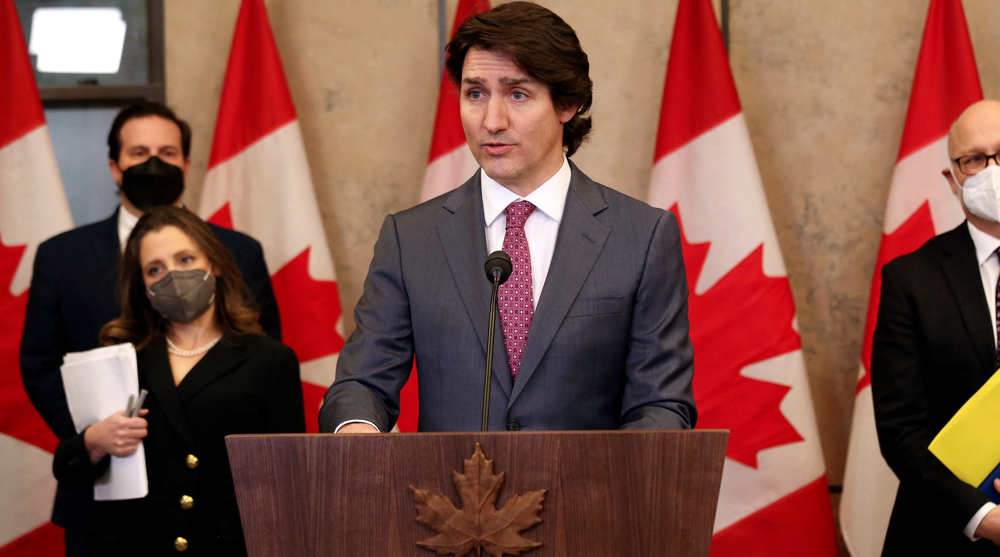
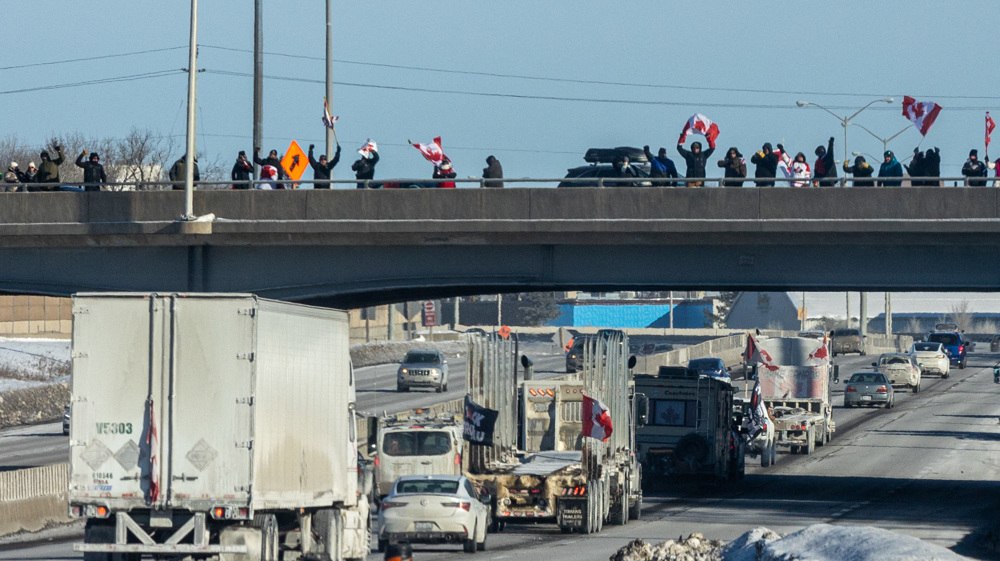
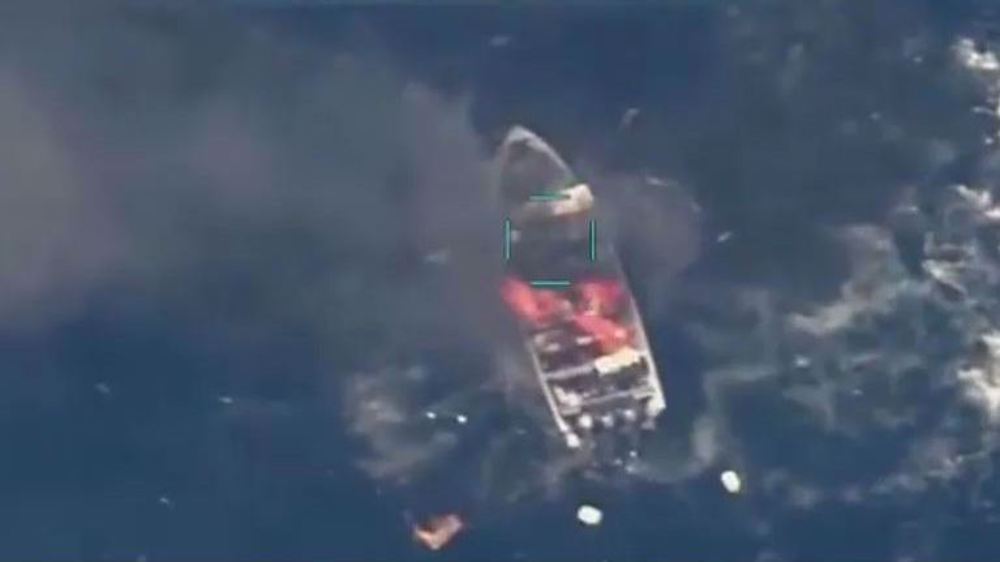
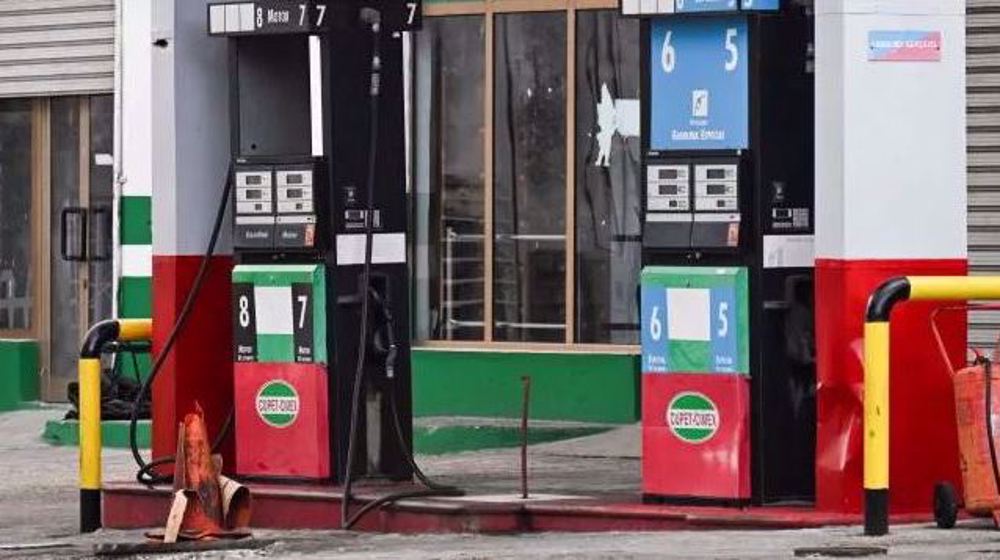
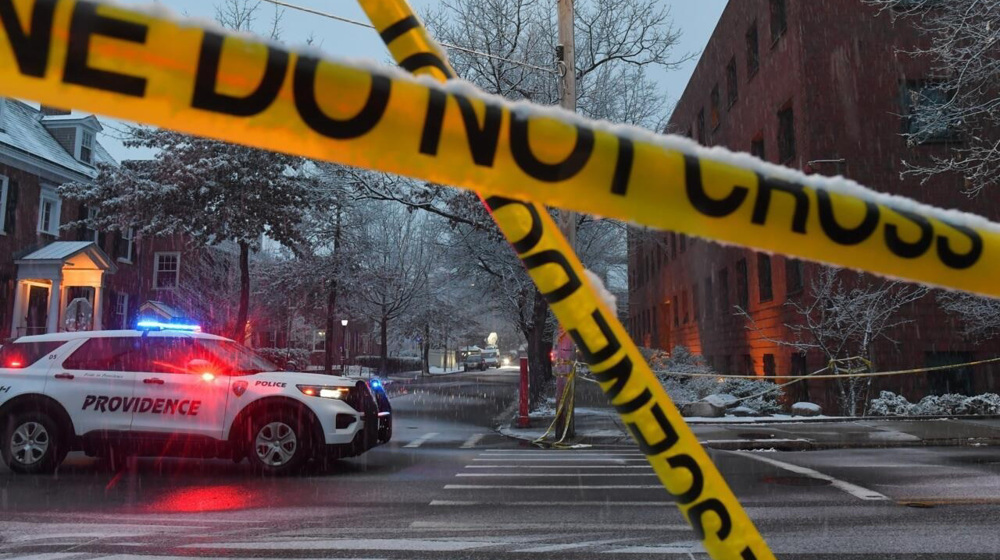



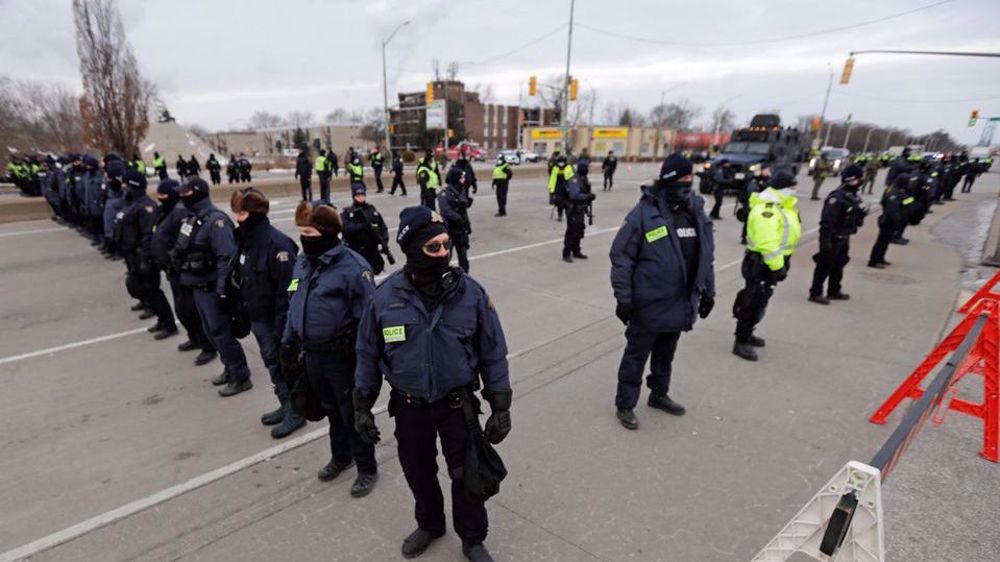

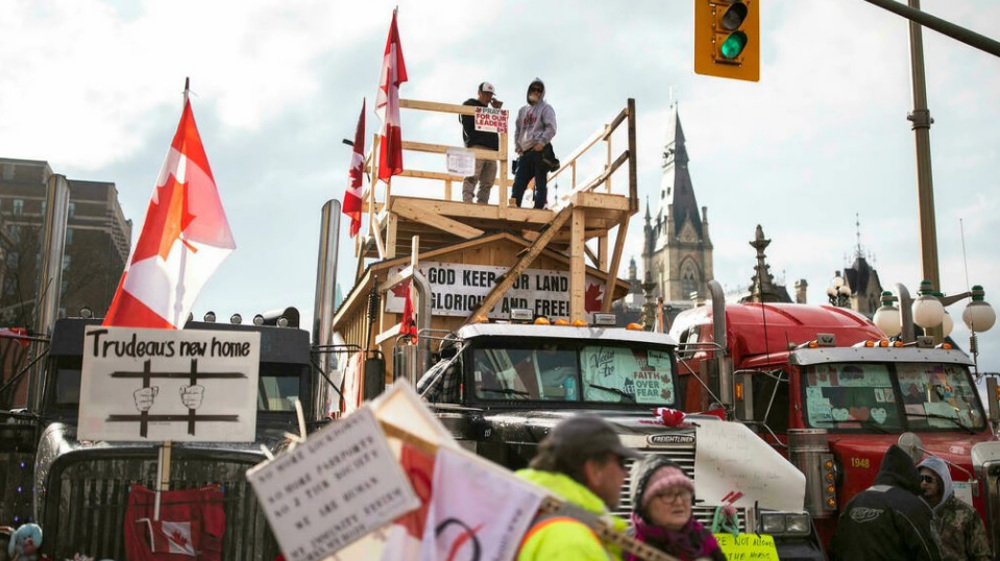
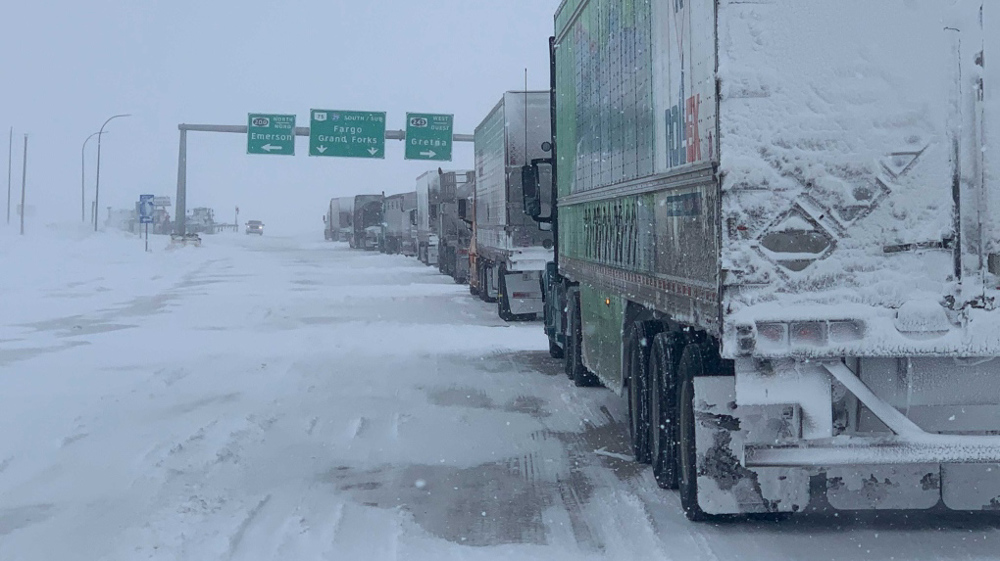
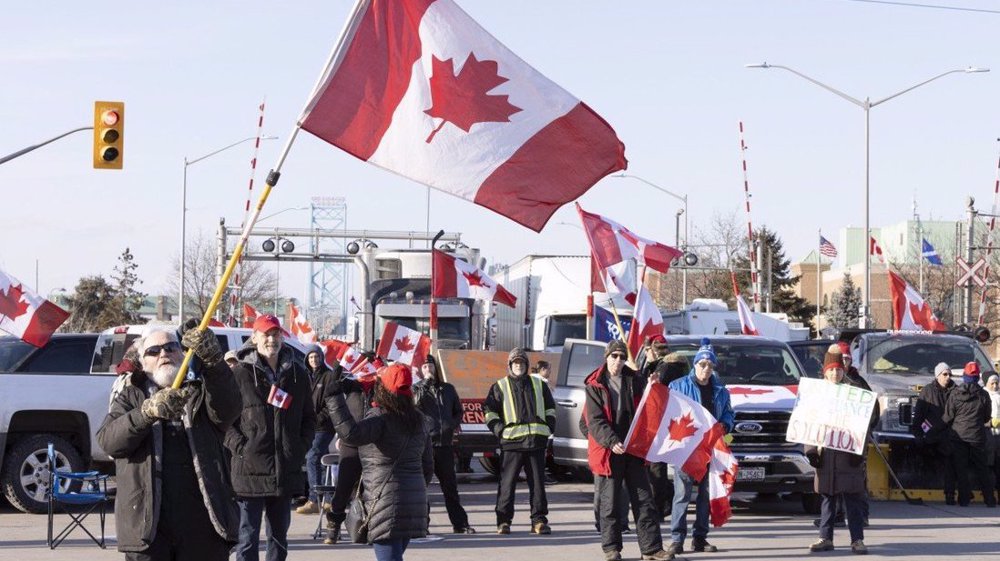

 This makes it easy to access the Press TV website
This makes it easy to access the Press TV website